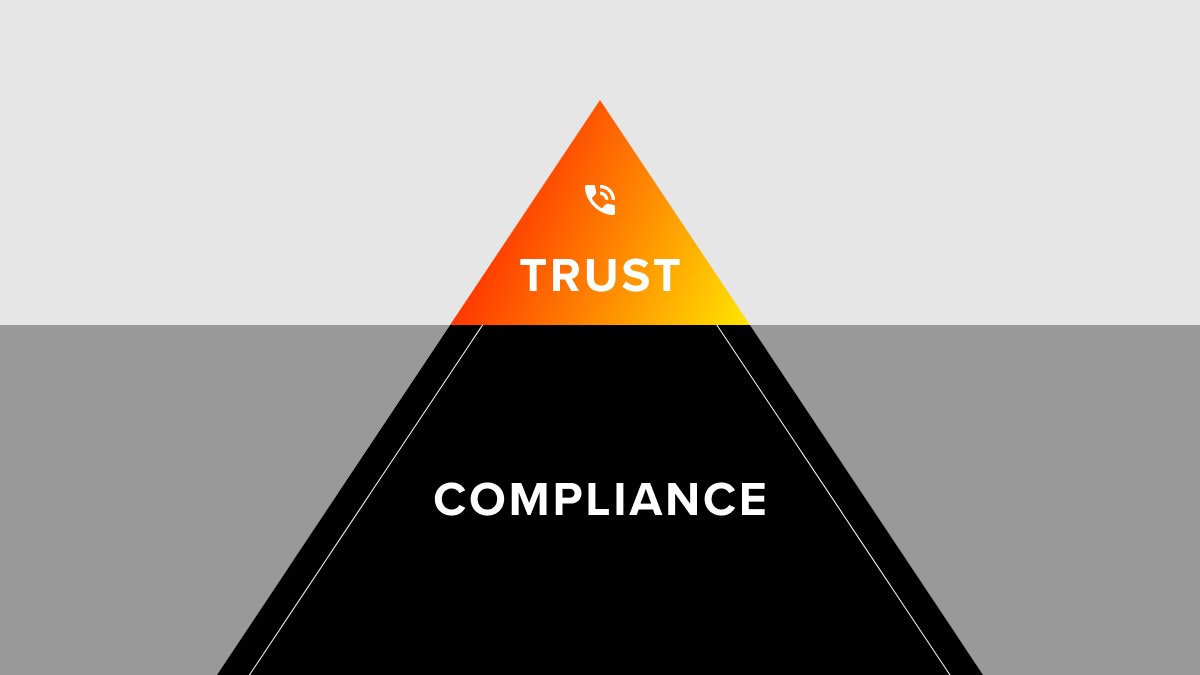Sales prospecting is a critical step on the path to inked deals and happy customers.
Without proper prospecting, you waste time pitching to prospects who aren’t the right fit for your product or service in the first place.
Even with the right targeting, asking the right sales prospecting questions is key to moving any deal forward. Good questions help to further qualify your leads, unlock pain points and opportunities, and provide you with information you need, that will make your cold calls and sales meetings more efficient and more successful.
So, what are some sales prospecting questions you absolutely need to ask?
That’s what we’ll talk about today…
1. What problems are you facing? (Is our product or service the solution?)
Problems need solutions. As a salesperson, there are few faster paths to a sale than being able to position your company as a bona-fide and credible solution to an existing pain point.
So dig up those problems. Find out what needs aren’t being met that are keeping your prospects from where they want to be.
If they’re not facing any issues around the area that your offer is focused on, then they probably aren’t a good fit.
Perhaps they’ve already found a good solution to this pain point, or perhaps they’re dealing with challenges that your offer can’t solve.
But perhaps they’re dealing with pain points that fit right in with your offer.
And now you know where to focus your attention and energy.
2. What have you done to try and address these problems
If the problem is something that your product or service can help with, a great follow-up question is to find out what product/service your prospect has seen, evaluated, and tried.
On one hand, this question can tell you just how pressing of an issue it is for the prospect.
If they’ve already tried a few things to address these problems, then you’ll know they’re actively looking for solutions.
And, you might learn how those solutions were either incomplete, too expensive, or otherwise not the right fit. Naturally, that helps you determine if (and how) you might be a better one.
If the problem is there, but more of a “back burner” issue that has yet to be fully explored, part of your task will be to bring these concerns to the forefront, and make your prospect understand the importance or benefits of solving them… or the costs of letting them linger.
3. How are these problems holding your business back / How would things be different if you could get this problem solved?
This is a more probing sales prospecting question that can ultimately help you illustrate the emotional appeal of your product/service. People buy based on emotion. The more you know about how things would be different if they could solve their issue, the more you understand their deeper motivations, concerns, and goals, the more effective you can be.
4. What is your budget for fixing this problem?
Your customers have all kinds of goals, initiatives, and problems. Each of those competes for time, focus, and budget.
In other words, even after you’ve identified goals your customer wants to achieve, or fix, that doesn’t mean there’s actually a budget right now to tackle it. Or perhaps, not enough of one.
Obviously, there’s no sense in trying to sell a prospect on something if there’s no budget for it, so you should find out pretty early on in your sales prospecting.
Then you can either proceed with confidence, work on adjusting cost/value expectations, or move on.
5. Who else is involved in the decision making process?
It’s important to know all of the decision makers in the purchasing process. That way, you know exactly who you need to build rapport and communicate with, show a demo to prove the benefits of your product, and satisfy, before you can close the deal.
It’s important to have a sense of this upfront, so you can ensure all of the important decision makers are involved in the exploratory sales process.
Otherwise, you may run into a scenario where one or two decision makers wants to move forward, but then have to discuss it later with a third decision maker who perhaps isn’t quite as on board with the decision.
6. What would it take to make this happen / keep you from moving forward today?
As you get closer to a sale, it’s important to identify potential roadblocks.
This a great sales prospecting question as it brings stumbling blocks right to the forefront, and gives you an opportunity to move them out of the way.
Naturally, with each source of uncertainty you eliminate… and each source hesitation you can adequately address, you make it harder and harder for your prospect to say no.
Wrapping up sales prospecting questions to ask
Great prospects turn into great customers. But mining all of your prospects for these gems is a long term process. It’s one that is built on trust and communication.
Good sales prospecting with right question are critical to this process as they identify opportunities for two parties to come together. Use the open ended sales questions above and you’ll spend more time, talking to higher quality prospects.
What are some other sales prospecting questions that help you qualify leads? Let us know in the comments below!














